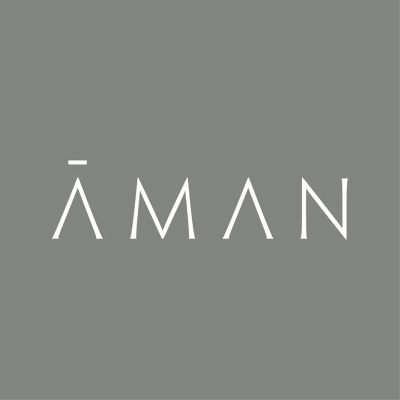The IoT is an umbrella term representing any device that can connect, or disconnect, to the Internet. Examples of IoT applications can range from household appliances to wearable devices, aeroplanes and many more.
According to Gartner, by 2020, there will be more than 26 billion devices that have access to the Internet. As mentioned above, the IoT is like a giant net where “things” can connect to each other (people-people, people-machine, and machine-machine).
This giant network of connections allows you to do many things. Smart cars or smart houses are perfect examples. On a larger scale, when technologies have developed enough, it transforms cities into smart cities to combat issues such as energy inefficiency and waste management.
When most people read about IoT, they think of consumer products like mobile devices, home appliances, automobiles, and so on. In reality, the majority of the IoT installed base would consist of industrial equipment.
There is a growing consensus among industry analysts that IoT (Internet of Things) and IIoT (Industrial Internet of Things) are becoming the main drivers of the next Industrial Evolution.
Investment in the Industrial IoT, therefore, is expected to reach US$470 billion by 2020, according to Bain. And all tech and industrial giants want to dominate that market. Among them, the two most prominent players are GE (General Electric) and Siemens. See the Infographic: GE vs Siemens.
The continuous stream of data that “things” can deliver back is creating new business models for manufacturers. For example, large equipment manufacturers now can charge customers a pay-per-use fee, rather than enter into simple rental agreements.
In the support arena, smart products can send an alert when service is needed based on operating performance, rather than chronological milestones, saving customers time and improving service profitability.
The IoT provides a new way of designing that will revolutionise traditional products and create new product categories. Smart cars are one of the most famous examples of this.
Smart manufacturing in a connected environment can contribute to fewer product defects by providing faster identification of equipment malfunctions and failures.
Beyond identifying problems, a connected manufacturing environment can enable machine-to-machine (M2M) interaction.
Please refer to this article for more information about the applications of the IoT in Manufacturing.
Innovative retailers are utilising IoT to improve store operations, enhance customer experience and to drive more conversions. IoT technology is said to be reshaping and revolutionising the retail industry, yielding advances and new opportunities in customer service, throughout the supply chain and in brick-and-mortar stores plus other channels. What are the applications of the IoT in the Retail industry?
The ability to connect to data anytime, anywhere has its own pros and cons, and data security is undoubtedly a big concern among many IT personnel as well as the general public.
Another significant issue is the ever-increasing of the already out-of-control data volume that individuals and businesses have to process day in and day out. As a result, the storing, tracking, analysing, and general managing of such sheer volume is a critical task that needs to be addressed in this digital age.
Many big names in the cloud-based service providers have already shifted their focus to strengthen their security features in order to keep the clients’ information safe and secure.
Please refer to this article for more information about IoT and IIoT security concerns.
Digital Transformation is the mantra of today’s business. The advancement of new technology is leaving companies with 2 choices: disrupting or being disrupted.
With this 7-step road map to Digital Transformation, you should be able to start the digitalisation journey right away.
Check out TRG's latest whitepaper, "Digital Transformation: How to get started right away" available for FREE DOWNLOAD today.
Security is a major concern in our industry. Using Infor solutions was instrumental in ensuring we were delivering features with a high level of security and data privacy.

Howard Phung Fraser Hospitality Australia
TRG provides us with high-level support and industry knowledge and experience. There are challenges and roadblocks but it's certainly a collaboration and partnership that will see us be successful at the end.

Archie Natividad Aman Resorts
IT, Talent and F&B - we think it's a great combination.
We've thrived since 1994 resulting in lots of experience to share, we are beyond a companion, to more than 1,000 clients in 80+ countries.

© 2023 TRG International. Privacy Policy / Тerms & Conditions / Site map / Contact Us
TRG encourages websites and blogs to link to its web pages. Articles may be republished without alteration with the attribution statement "This article was first published by TRG International (www.trginternational.com)" and a clickable link back to the website.
We are changing support for TLS 1.0 and older browsers. Please check our list of supported browsers.